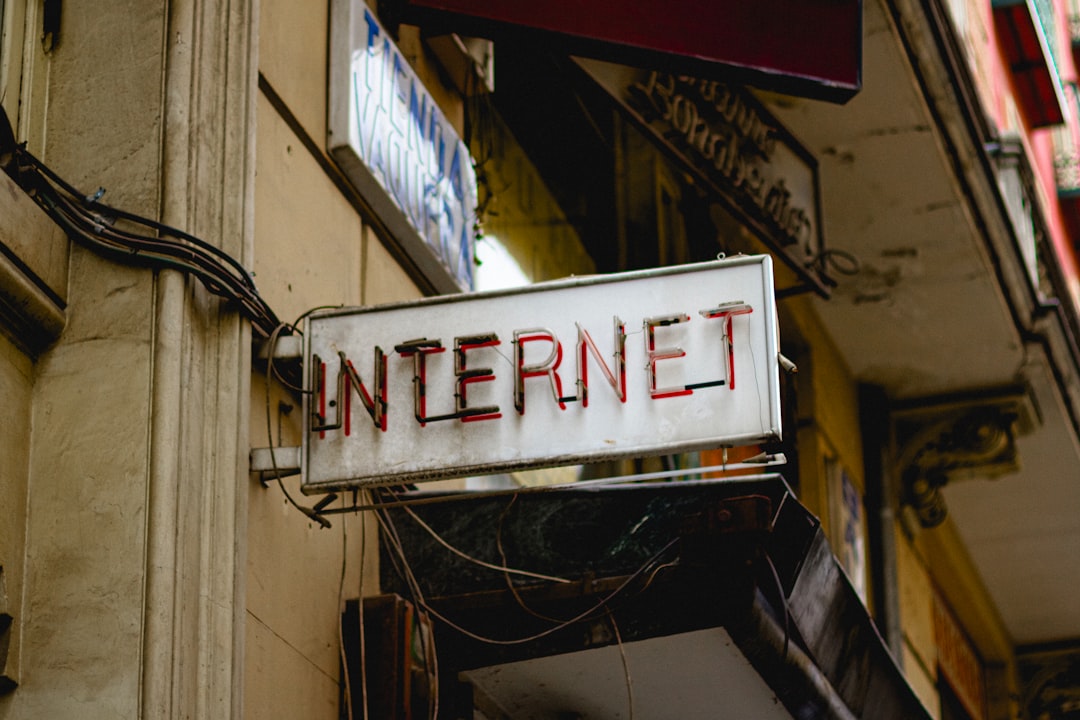Ever wondered if your free residential VPN browser extension is doing a good job? You’re not alone. Many people install VPNs and forget to check their performance. But it’s actually pretty easy—and kinda fun—to keep an eye on how well it’s working!
Let’s take a simple, step-by-step approach. Even if you’re not a tech wizard, don’t worry. We’ll break things down and keep it light.
First, what are we really checking?
Table of Contents
Your VPN’s job is to hide your identity and make your internet connection private. But you also want it to be:
- Fast: Nobody likes slow browsing.
- Secure: It should protect your data.
- Reliable: It should stay connected.
Let’s explore how to check these things one by one.
1. Speed Test—The Fast Lane
A lagging VPN can be super annoying. Here’s how to check its speed:
- Go to a site like speedtest.net or fast.com.
- First, turn off the VPN and do a speed test. Note your download and upload speeds.
- Then, turn on your VPN and run the test again.
Compare the results. If your speed drops a tiny bit, that’s okay. A dramatic drop? Might be time to rethink your VPN choice.

2. IP Leak Test—Incognito Mode Activated
One of the coolest things about a VPN is that it hides your real IP address. But sometimes, the VPN messes up and leaks it. Yikes!
Here’s how you can test that:
- Visit ipleak.net or browserleaks.com/ip.
- Check if the IP shown is from your VPN location—not your real one.
If it shows your real IP, there’s a leak. Not good! You may want to disable the VPN and try a more trustworthy one.
3. DNS Leak Test—The Secret Spy Check
DNS leaks are sneaky. They happen when your internet requests aren’t going through the VPN but straight to your ISP. Here’s how to check:
- Go to dnsleaktest.com.
- Click on “Extended Test.”
- Look at the results—do you see servers in your actual country or city?
If yes, your VPN isn’t protecting you fully. That’s like wearing a spy disguise with your name tag still on!

4. Test Different Servers—Change It Up!
Most free VPNs offer a few server locations. Try them out! Sometimes a different server works better and faster.
- Switch server locations from your browser extension.
- Run a speed test and IP check again for each one.
Pick the one that’s fastest and most secure. It’s like picking your favorite flavor of ice cream—only with IP addresses.
5. Performance Over Time—Be a Detective
One test isn’t enough. Try tracking the VPN’s performance across a few days.
You can:
- Use a notepad or spreadsheet and record speed test results daily.
- Note if certain hours of the day are slower.
- Watch for disconnections or app crashes.
This helps you spot patterns. If it’s always slow at certain times, it may be too crowded then. Try switching servers or checking back later.
Bonus Tips
Here are a few extra nuggets of wisdom:
- Restart your browser often. It helps clear small issues.
- Don’t run multiple VPNs at once. It slows everything down.
- Update your browser and the extension regularly.
So… Is My VPN Good or Not?
If your VPN:
- Doesn’t leak your IP or DNS
- Has decent speed
- Stays connected
…then yes! You’ve got a keeper. But if it’s slow, leaky, or glitchy, maybe it’s time for a new one. Even free options should meet basic standards!
Happy browsing, and may your connection always be speedy and secure!

